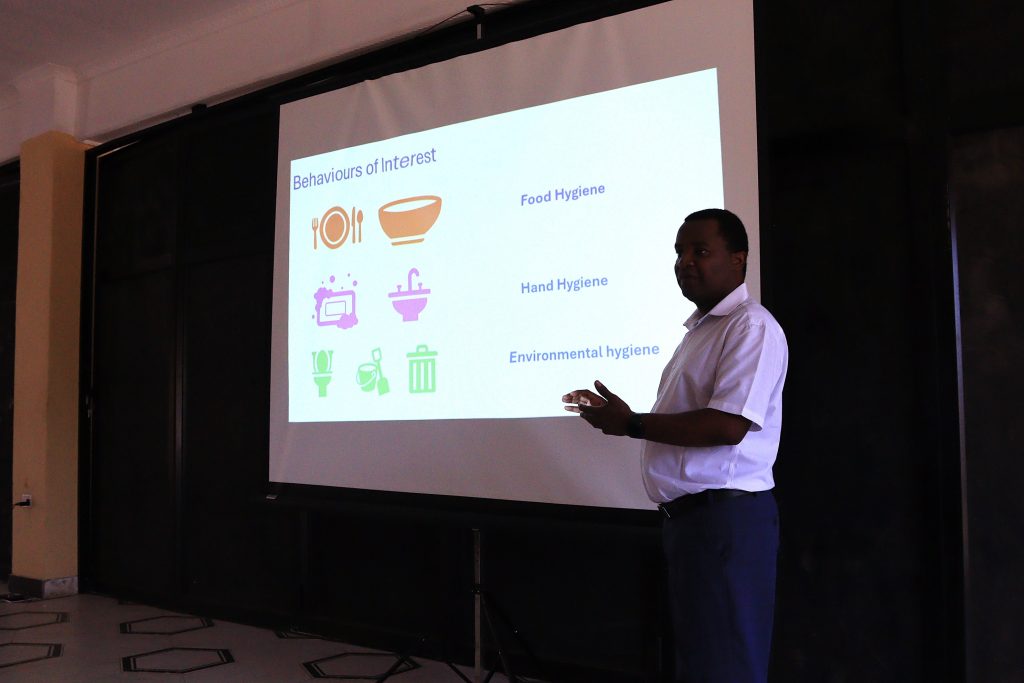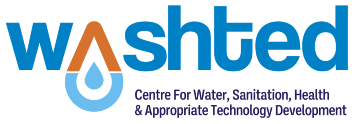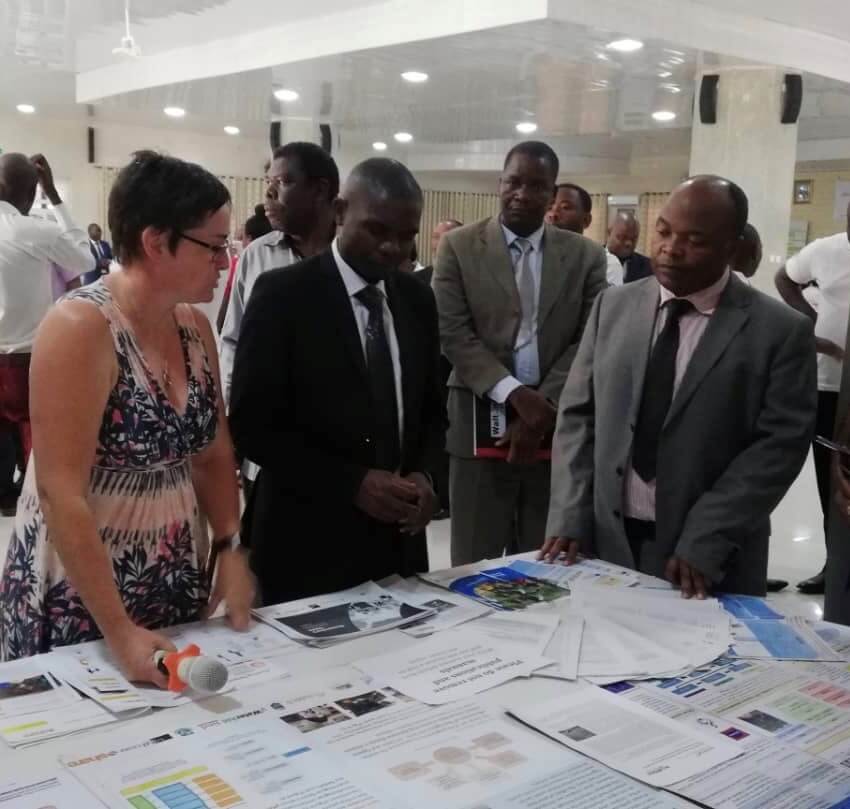
Access to clean water, sanitation, and hygiene (WASH) is essential for child health in Early Childhood Development Centres (ECDCs). The Reckitt Global Hygiene Institute (RGHI) launched an ECD project to improve WASH conditions and hygiene in Malawian ECDCs. Guided by a Research Advisory Group (RAG) formed in June 2024, the team commenced and finalised phase one of the project(Rapid assessment and Formative study).
Key Findings from the Rapid Assessment and Formative Study
Research revealed significant WASH challenges in ECDCs, including:
- Poor drinking water management.
- Inadequate handwashing and food hygiene practices.
- Poor sanitation infrastructure and waste disposal practices
- Limited awareness of existing ECD WASH standards among stakeholders.
Stakeholder Engagement & Suggested Interventions – Second RAG Meeting

A second RAG meeting was held to discuss these issues and come up with possible interventions, existing opportunities and barriers. Key outcomes included:
Possible interventions
- Training & Supervision – Train caregivers, assign hygiene supervisors and conduct regular WASH education sessions.
- Facility Improvements – Provide child-friendly toilets, install handwashing stations, and improve waste management.
- Community Engagement – Mobilize community savings for hygiene needs, strengthen local sanitation by-laws, and involve PTAs.
- Sustainability – Incentivize caregivers, enforce hygiene standards, and promote community ownership.
- Media & Partnerships – Use radio programs and collaborate with other government departments (Health and Education), and organizations for hygiene promotion and monitoring.
Challenges & Opportunities
Challenges discussed included resource constraints, caregiver retention(volunteerism), and weak coordination. However, opportunities exist, such as government plans to recruit more caregivers, available training materials that include WASH, and strong community structures such as women’s groups working within ECDCs.
Moving Forward
The team will hold a co-design workshop with ECDC stakeholders to refine the RAG’s suggested interventions for Phase Two of the project. Overall, one thing remains, collaboration among stakeholders is key to implementing these solutions and ensuring sustainable WASH improvements in ECDCs. Let’s work together to create healthier learning and living environments for young children.
Stay Connected! Follow our blog for updates on the RGHI ECD project and efforts to enhance childhood hygiene and development.



